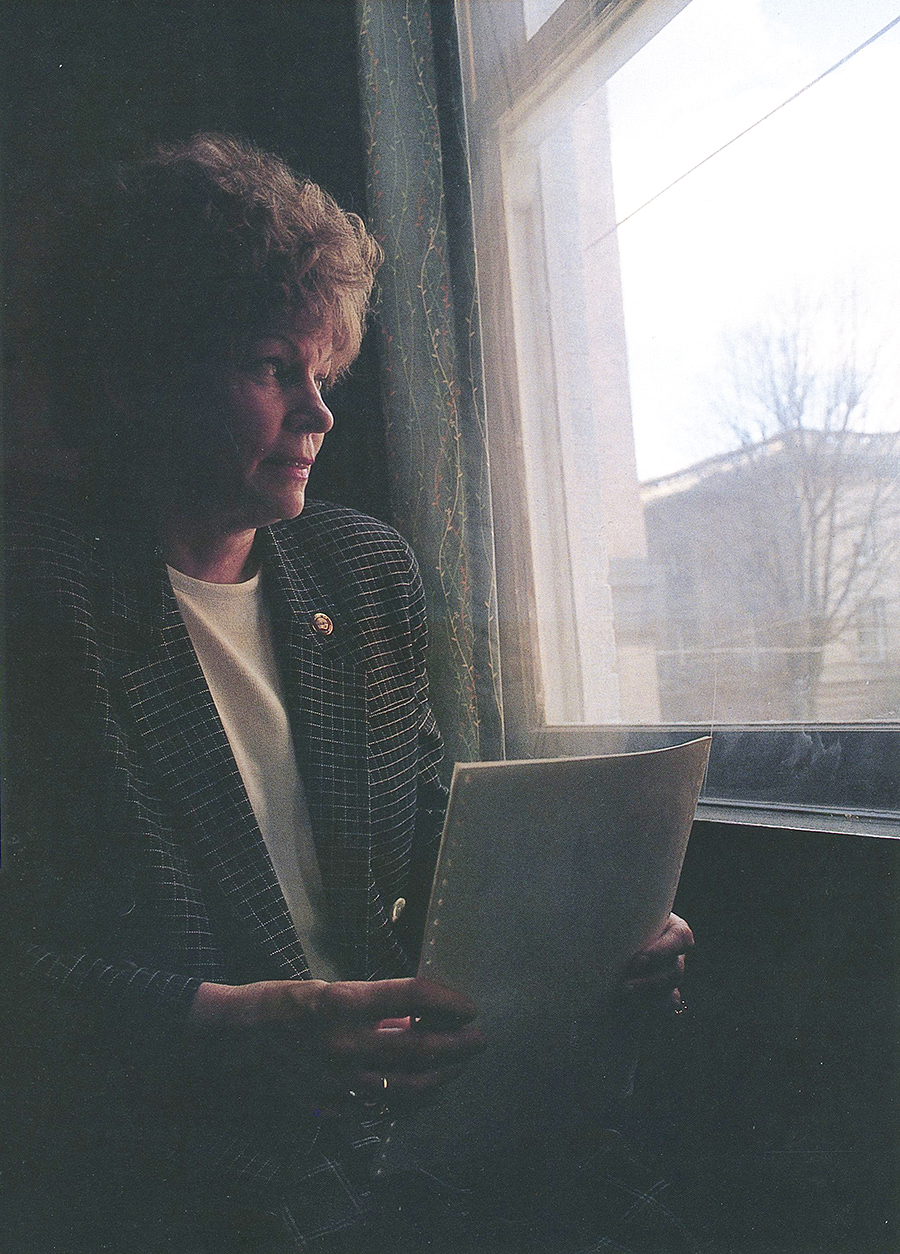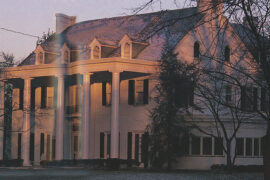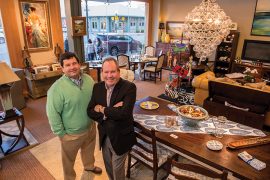United Way’s Ruth Cline is an aggressive fund raiser and a champion for the community’s less fortunate
By Kelly L. Cline
HQ 3 | SPRING 1990
They say it takes a special kind of person to be a volunteer-to give of one’s time and energy in order to better one’s self and one’s community. But it also requires an equally unique individual to recruit these types of people: to oversee them, to motivate them, and to give a sense of purpose and meaning to the tasks they are performing. Ruth Cline is just such a person.
As executive director of the United Way of the River Cities for the past 10 years, she certainly can testify to the fact that the hard work of volunteers pays off. She, herself, can often be found burning the candle at both ends, sometimes working 14 hours a day in order to accomplish her many goals. And, perhaps, that is what Ruth Cline is the best at doing-setting goals, meeting those goals, and, more often than not, surpassing them. ‘Tm addicted to the job,” Cline boasts. “I work for volunteers, and what I think is going to be done one day may or may not be accomplished between 8:30 a.m. and 4:30 p.m. Now, it probably can be done between 4:30 and 10 that night. I may be a paid staff member during, the day, but then, I, too, can be a volunteer.”
It isn’t hard to spot Cline’s high intensity level. Nervous energy, in fact, seems to seethe from every pore of her body. Her hurried manner of speech indicates that there simply are not enough hours in a day for her to talk about all that the United Way does for the community. But, for today, Ruth chooses to speak about what the community can do for the United Way.
“This community has an amazing commitment to helping itself by providing services to those in need, and the United Way is the vehicle through which their dollars are funneled,” she said. “If l had to pay the people on my board, I couldn’t afford them for a day. That they do it for free oven and over again is amazing!”
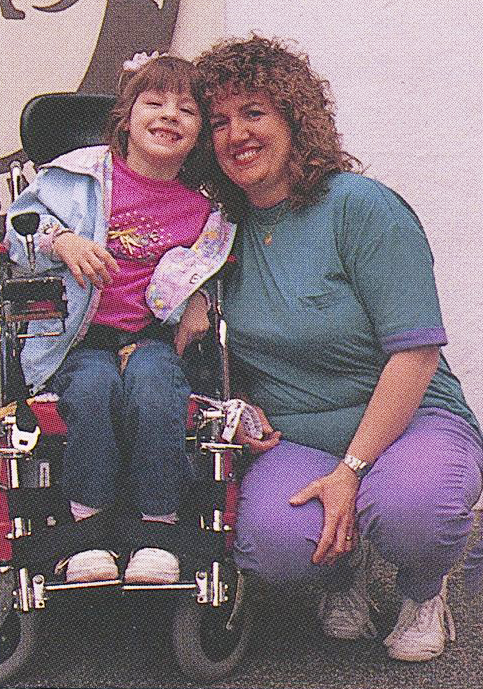
Cline, no stranger to hard work herself, joined the United Way in January 1980 following her affiliation with Family Services Inc. of Huntington.
“It appeared to me at the time that the only way Family Services. would be able to do more than they were doing was to raise more dollars.”
That was where the United Way came in. Family Services is just one of the 40 local organizations that is financially supported by the River Cities Chapter of the United Way.
Other non-profit organizations such as the American Red Cross, Big Brothers/Big Sisters, scouting programs, the City Mission and Special Olympics also reap the benefits of United Way’s fund raising campaigns.
Cline said she felt she could perform at a higher level by becoming a more viable part of United Way. And that she did.Just one year after taking office, she was not only raising the money that was projected to be raised and recruiting the volunteers needed to distribute these funds, but she also was surpassing the goals laid out before her. In fact, Cline raised more money in a shorter period of time than any of her predecessors, and continues to do so year after year. Her hard work and dedication to the betterment of her organization have been unrelenting.
”You can’t sit back and hope something will happen. Huntington has proven that it’s willing to role up its sleeves and help make it happen. The Bible says that faith without works is dead. I believe that if you put your muscle behind your beliefs, you can accomplish miracles.”
Many prominent members of the community feel that Cline is somewhat of a miracle worker. Local businessman and one of United Way’s biggest backers, Marshall T. Reynolds, couldn’t talk enough about Cline’s attributes as a fund-raiser and a motivator.
“If you look at United Way as a business, she’s probably done a better job than any manager in town, including myself,” Reynolds said. “A lot of us hold her in a little bit of awe, and the others probably wonder how in the hell she really does accomplish it all. She’s a very special person.”
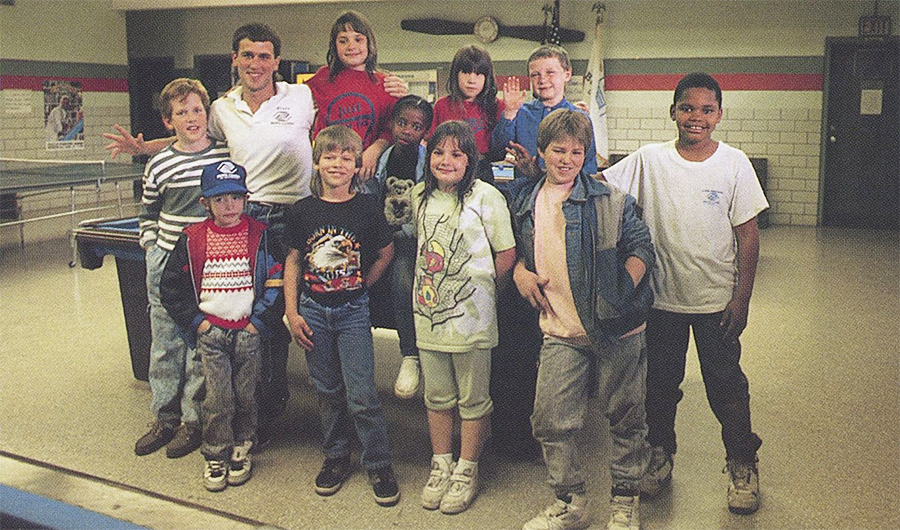
Since most of the money raised at the United Way is contributed in the form of corporate gifts and payroll deductions, those are the two areas that Cline targeted when she began her quest. While big business in Huntington represents the bulk of United Way funds, average individuals combine to do their share as well.
“A lot of times we think that people have to have millions of dollars in order to be a philanthropist,” Cline said. “But that individual donor – the blue collar worker, the local union member, the secretary – are also philanthropists. They are putting something back into the community and they’ve made the difference.”
Cline has a knack for getting the community involved in helping its own.
“She sells you on the concept she’s working on in a very quiet, unthreatening way,” Reynolds said. “She brings the best out of people.”
Perhaps the fact that Cline draws such support for her efforts can best be explained by the way she challenges herself on a daily basis. Diagnosed at the age of 48 as a juvenile diabetic, Cline says she struggles every day to tolerate her disease. Now, at 54, she contends that dealing with her illness doesn’t get any easier as the years pass.
“You could have selected 1,000 people and not one of them would have made a worse diabetic than I am. I’ve always been overly flexible, and flown by the seat of my pants, and to have to fit rigidly into a schedule of eating, injecting insulin and checking my blood just irritates me to death. I do it, but that doesn’t mean I don’t resent it, because I absolutely do.”
While Cline says she does harbor bitter feelings about being a diabetic, she doesn’t seem to let it affect heron a professional level.
“Diabetes does not handicap me in any way, and it won’t cost me a day of sickness,” she said. “I’ve had to be taken to the hospital unconscious a couple of times, but as soon as they revived me, I’m back at work.”
It’s that type of drive and determination which has catapulted Cline to success in all her endeavors. Although she does have a soft, caring side, her ability to play ball with the big boys and her tough-as-nails approach to business have equally been responsible for her effectiveness.
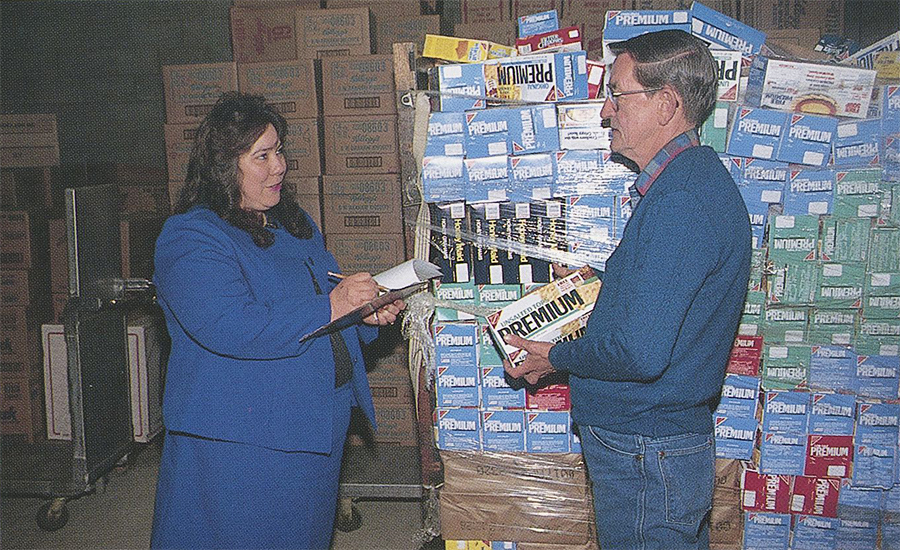
“She’s a shark!” Reynolds said. “If you were in an adversarial role with Ruth and found yourself in the water, you’d better believe you were in the water with a shark.”
When Cline talks about United Way, she’s giving a sales pitch – selling the community on the rewards of helping those less fortunate than themselves. And, it seems to come very naturally to her. If it’s possible to be a cheerleader for a certain organization, while, at the same time, participating as a starting player on the team, then Cline certainly can play both roles.
“Dollars that we raise in the local area stay in the local area, and the people who live here determine what will be done with those dollars,” Cline explains.
To hear her speak, one can’t help but become excited about the United Way. In March of l986, Cline maneuvered a merger between the then-United Way of Cabell-Wayne and the Lawrence County, Ohio chapter of the organization into the River Cities United Way. By joining these two entities, a larger area could be reached, enabling more United Way dollars to help more people. The organization elects a new board of trustees each year along with a campaign chairman, allocations chairman and volunteers to raise the money and distribute it. None of these positions carry any monetary compensation, but Cline contends that the personal rewards are endless.
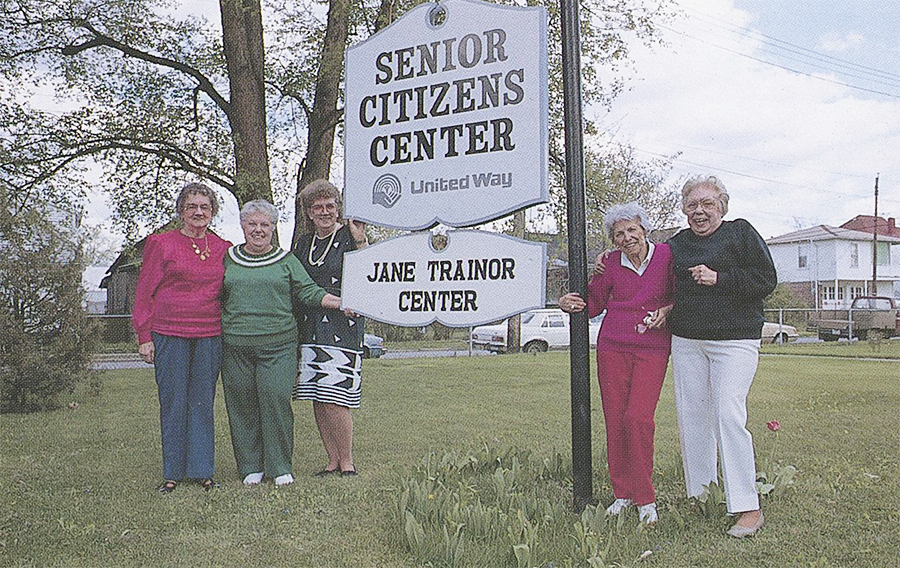
“When bright people are giving of their time with no strings attached, not even a free cup of coffee, you have to know it makes them feel good to do it.”
And, as long as it is helping fill the human needs in our community, the United Way is serving its true purpose.
“We continue to grow,” Cline said. “I’ve been here IO years and we’ve doubled the dollars. We haven’t doubled the population or the wage scale, but we have doubled the involvement of people and their willingness to help.”
Ruth Cline likes to tell a story. It is reflective not only of the ideals she holds dear, but also of the inspiration she hopes to instill in all of us.
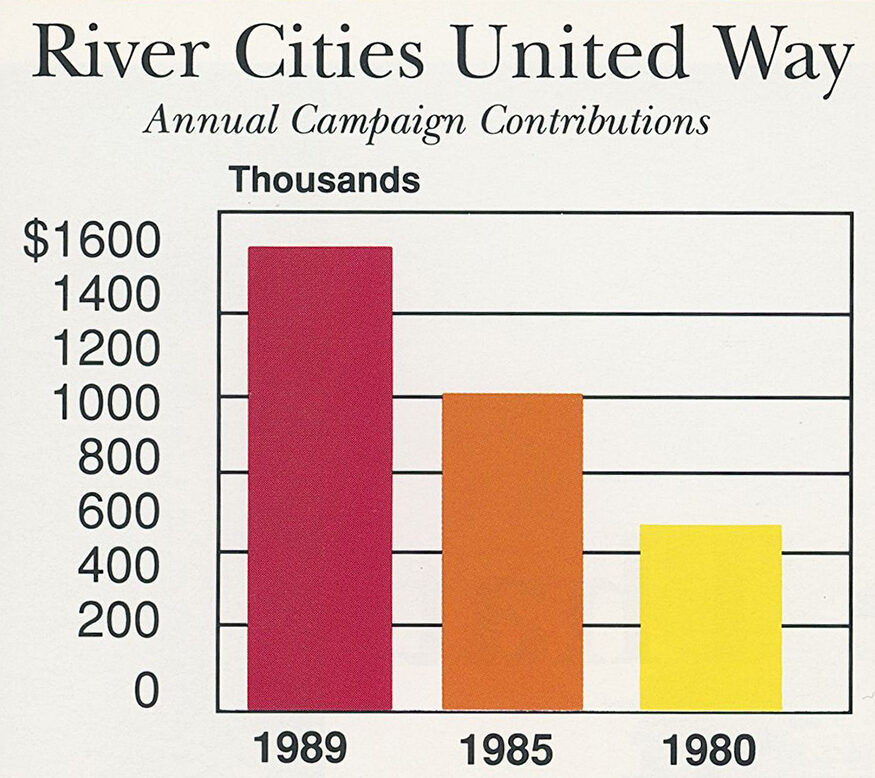
“In the western movies, there was a scene repeated often. The townspeople would gather to deal with a pressing problem. The location could vary, and so could the problem, but one thing was certain. Someone would raise their fist and say, ‘Somebody ought to do something.’ There are still a lot of people pleading for somebody to do something … about the homeless, the unemployed, the hungry. That somebody who ought to do something is each of us.” And, Ruth Cline has certainly done her part.

